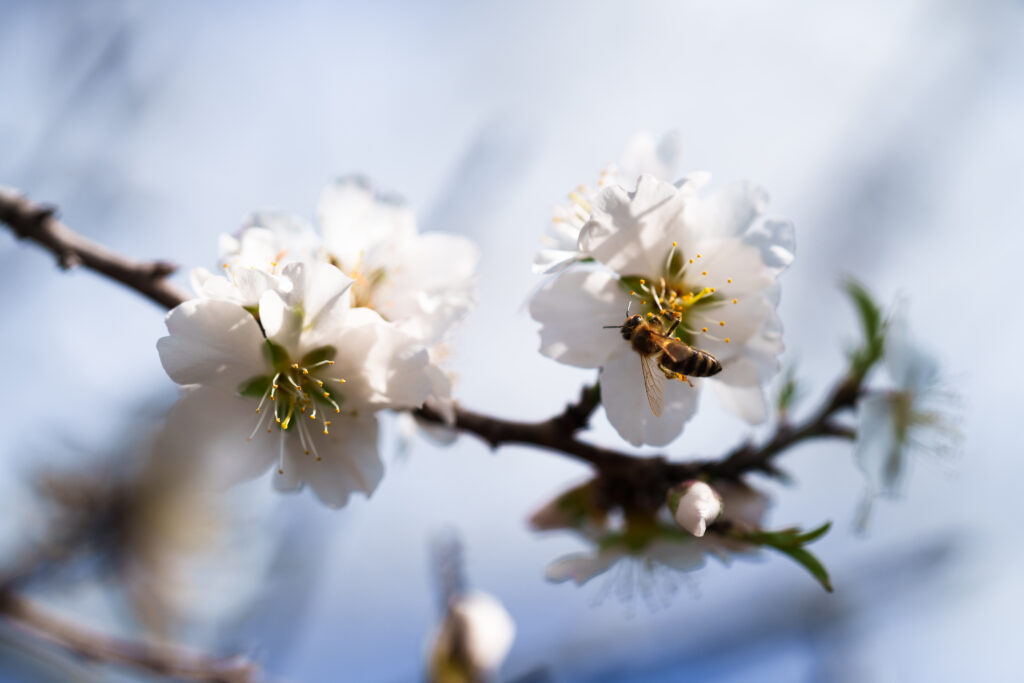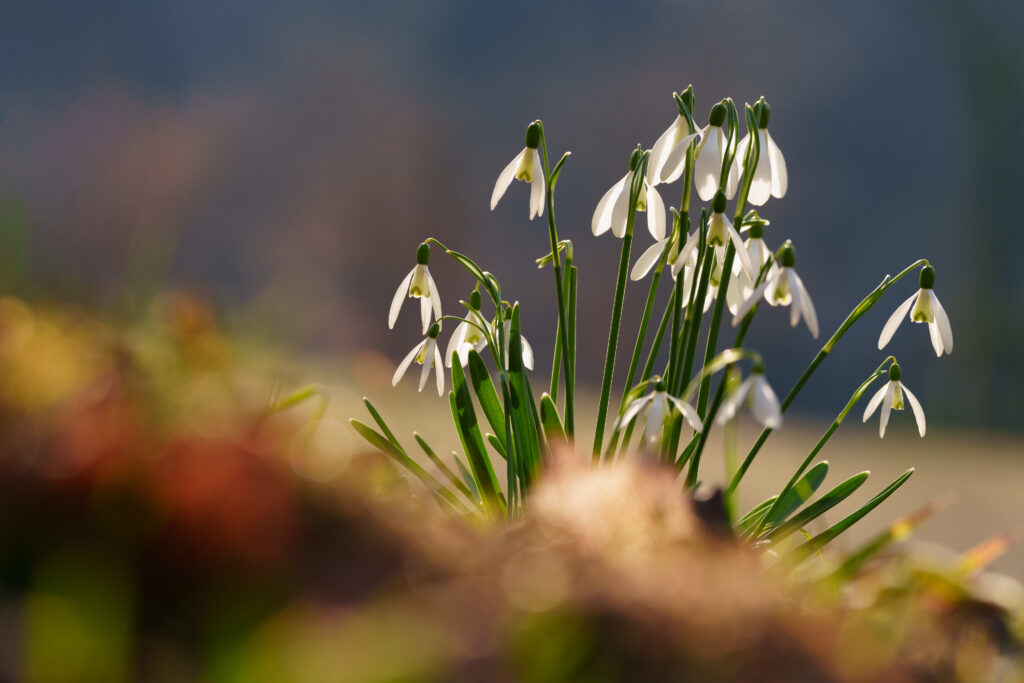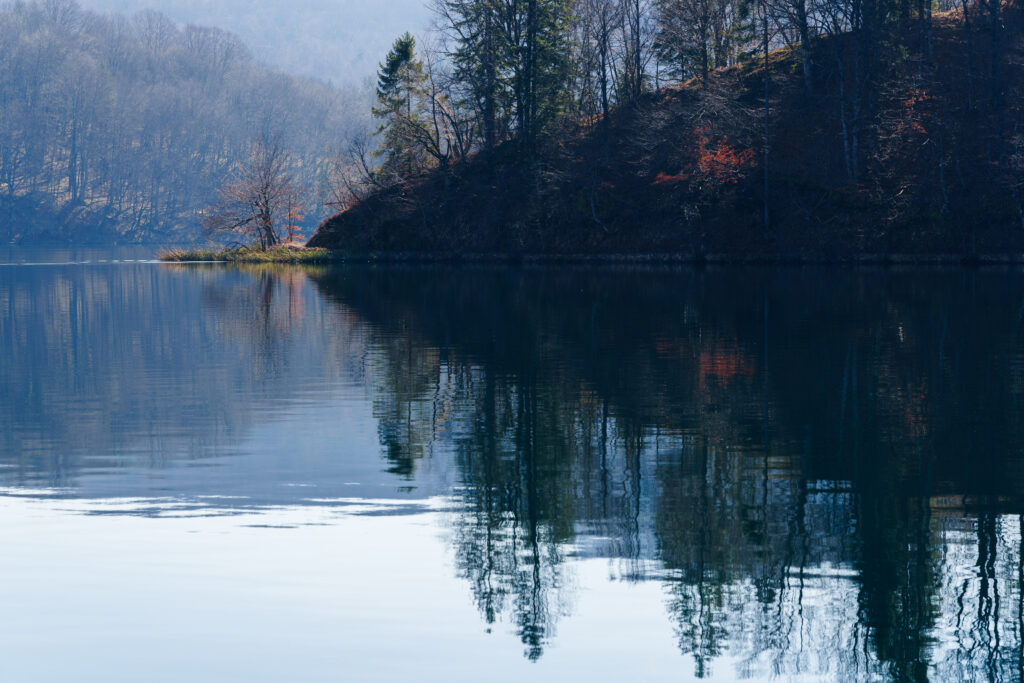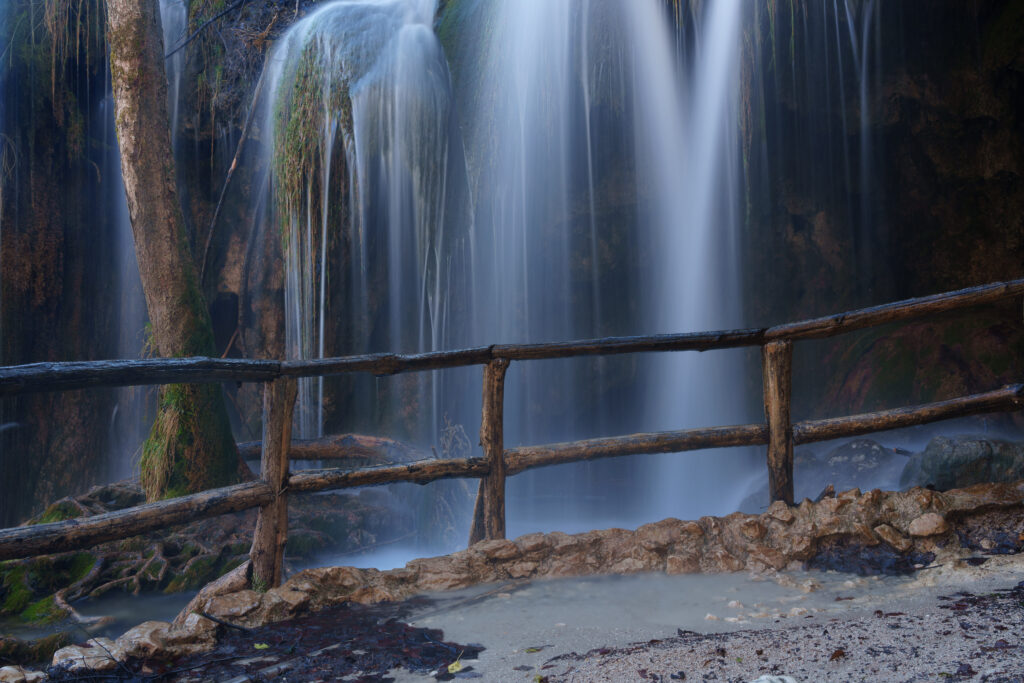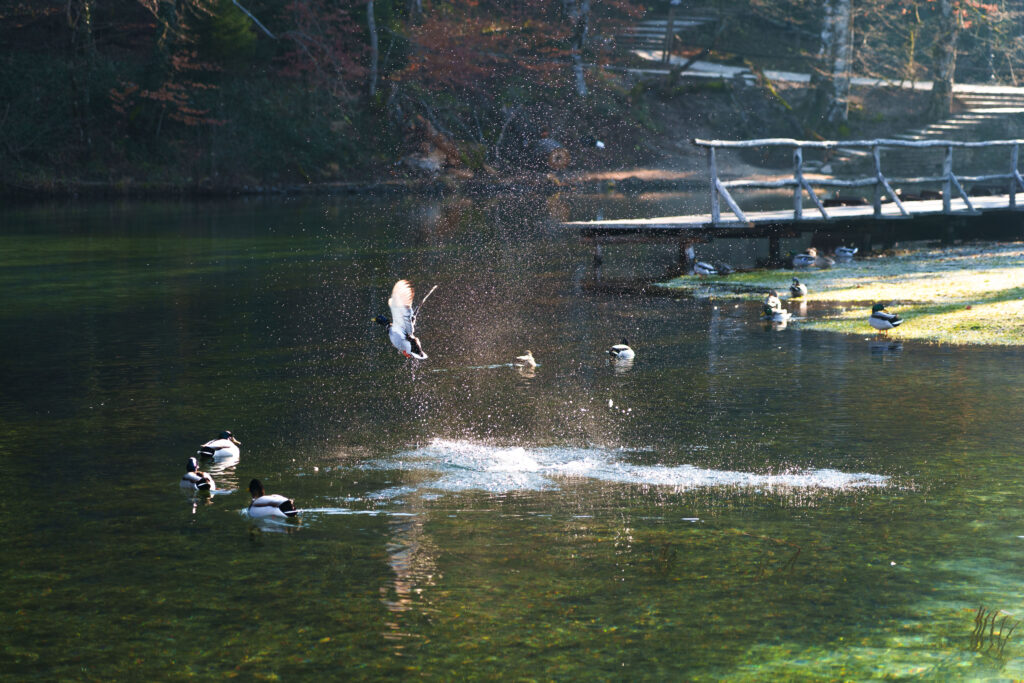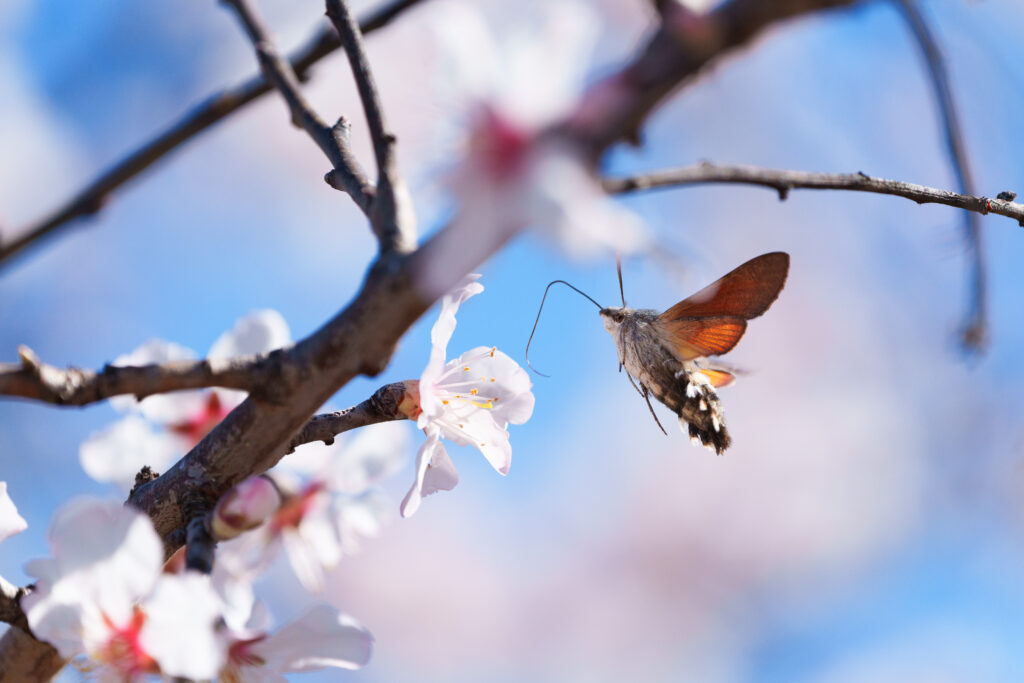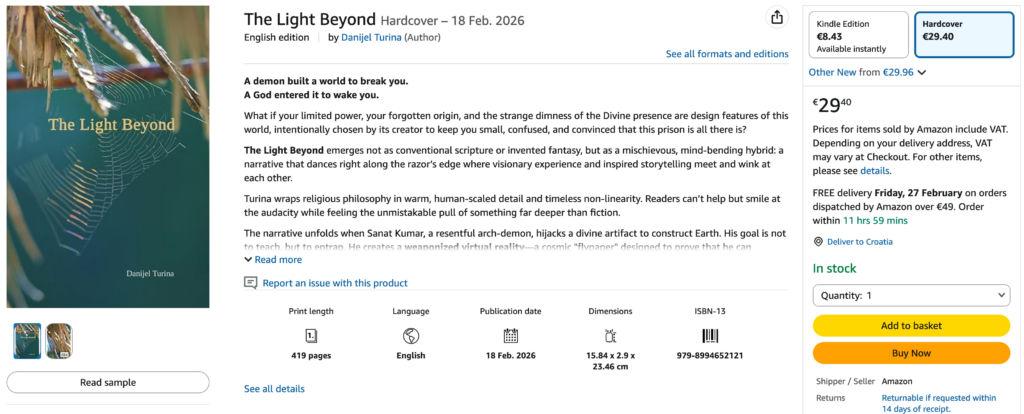Today I had to cancel our weekend trip to Plitvička Jezera national park, because Biljana was feeling too sick from the consequences of spending the karmic mass she pulled from the American attractor. I was messing with it as well, yesterday evening, and I managed to free some extremely mangled crystals. How much of a recovery they would have made normally is hard for me to tell, but I intervened further today and now they look merely traumatised, and no longer structurally damaged and marginally viable. I think, with help from the Judges and others, they might make a complete recovery.
Yes, that stuff from the book, it’s not fiction.
So, no pictures of frozen lakes with a dusting of fresh snow. Also no visits to emergency room somewhere in the middle of nowhere with high fever and barely conscious. Considering how exhausted and messed up we feel after a full day of just resting and doing nothing, cancelling everything feels like it was a very good idea.
It now reminds me of Americans and their insane bullshit – never give up, always push further, do more and so on. Yeah, if you’re an idiot, please do that. Me, I have different ideas. For instance, always give up when proceeding turns out to be a bad idea.
I once told Božo that the difference between him and me is that both of us climb trees, but I do it only when there’s fruit on the tree. Basically, there needs to be something there for me to make it worth the hassle. Diving headfirst into the American attractor and liberating the crystals, and then suffering the blowback that felt as if a garbage bomb exploded in my system, and repeating the process until I could no longer identify any salvageable soul-remnants, then recover somewhat, and intervene to restore them as much as the Will of God allows, that’s something I did because there was fruit on the tree. I didn’t feel like giving up because giving up would mean evil persisting and being invulnerable and attractive for one more day when I was in a position to harm it, it would mean agony for the trapped crystals, and permanent spiritual damage or even death for those I wouldn’t get out. My failure or giving up would be expensive. My persistence was also expensive and I’m now paying for it, but it’s the price I’m willing to pay.
In short, that’s my take on failure, giving up and losing battles. I’m fine with losing battles, giving up and failing, when it’s a minor thing at stake. When it’s something like a former angel possibly ending up as recyclable karmic material instead of a soul that can make a good recovery, I would be comfortable with failing only if persistence meant getting myself or someone else killed or terribly harmed. It’s always a cost-benefit analysis: what does it cost, what’s the risk, what’s the gain. What’s the price of failure, what’s the cost of victory. Then the result is “yes, I’ll dive into the working jet engine and recover someone, but I’m not driving on black ice in a snow storm while we’re both sick from this shit”.
So, no frosty waterfalls and fresh snow on the lakes, and no weekend off from this shit, because the timing seems to be too precise and urgent for fun and games. I do have some recent pictures of almond blossom and bees as a consolation prize, though. 🙂

